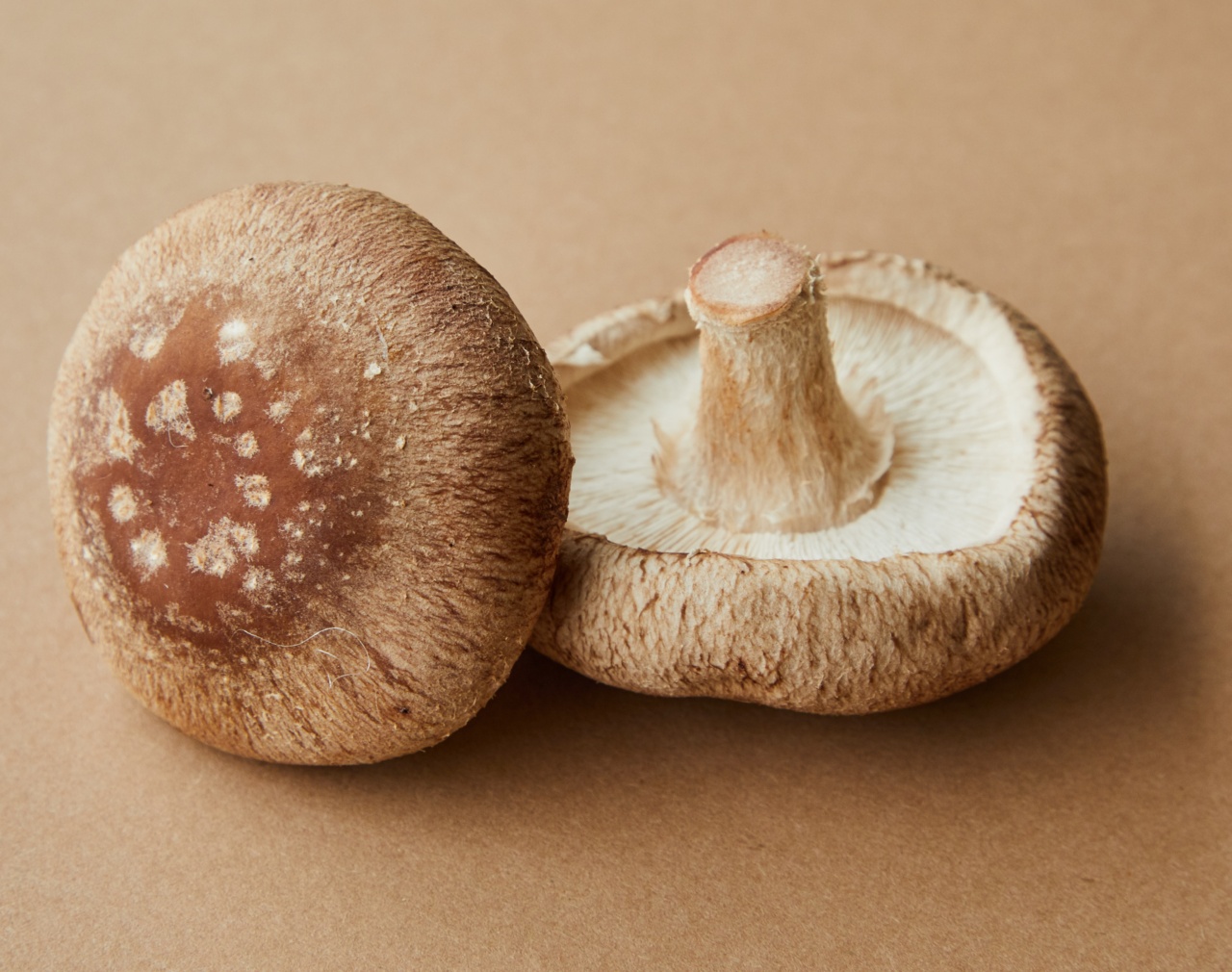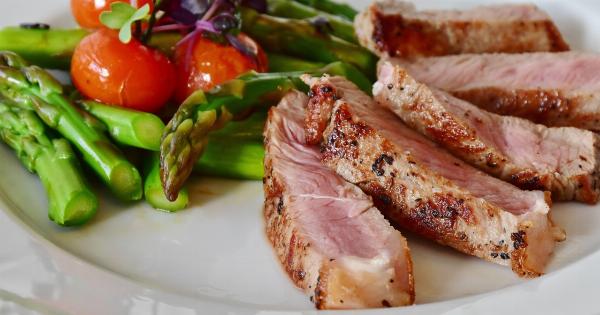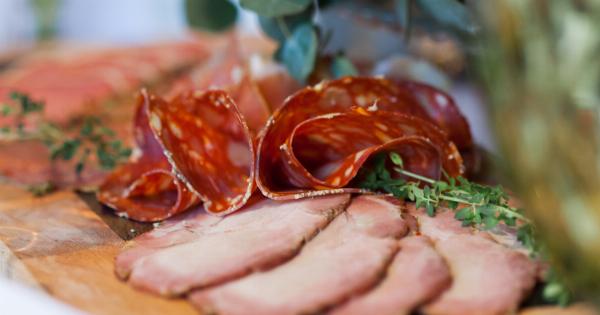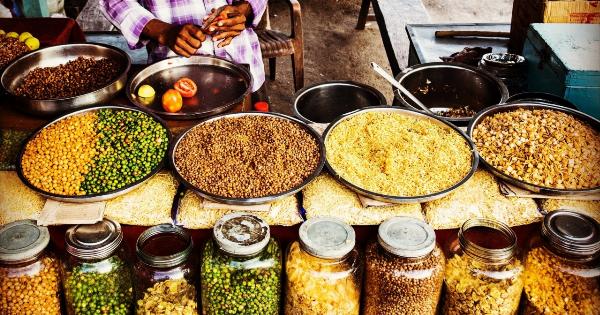Protein is an essential nutrient required for various functions in the body, including building and repairing tissues, producing hormones and enzymes, and providing energy.
While animal sources such as meat, eggs, and dairy products are considered the primary sources of protein, plant-based diets are gaining popularity due to their numerous health benefits.
Many plant sources are rich in protein, and some may even surprise you. Here are some unexpected protein sources from the plant kingdom:.
1. Edamame
Edamame, or young soybeans, contain around 18 grams of protein per cup. Soybeans are a complete protein, meaning they contain all the essential amino acids required for the body to function correctly.
They are also a good source of fiber, vitamins, and minerals, making them a nutritious addition to any diet.
2. Quinoa
Quinoa is a gluten-free grain that is rich in protein, containing around 8 grams per cup. It is also a complex carbohydrate, making it an ideal option for those looking for a sustained energy source.
Quinoa is also high in fiber, vitamins, and minerals, making it an excellent choice for overall health.
3. Broccoli
Broccoli may not be the first food that comes to mind when thinking about protein sources, but it contains around 3 grams per cup. It is also an excellent source of fiber, vitamins, and minerals, making it a nutritious addition to any diet.
4. Hemp Seeds
Hemp seeds are a nutrient-dense food that contains around 9.5 grams of protein per 30-gram serving. They are also rich in healthy fats, vitamins, and minerals, making them an excellent option for overall health.
Hemp seeds can be added to smoothies, salads, or used to make hemp milk.
5. Spirulina
Spirulina is a blue-green algae that is known for its high nutritional content. It contains around 4 grams of protein per tablespoon, making it an excellent option for those looking to boost their protein intake.
Spirulina is also rich in antioxidants and other nutrients, making it a great addition to any diet.
6. Peanuts
Peanuts are a tasty and convenient snack that is also a source of protein, containing around 7 grams per ¼ cup. They are also a good source of healthy fats, vitamins, and minerals, making them an excellent option for overall health.
However, peanut allergies are common, so it is best to avoid them if you have a sensitivity or allergy.
7. Seitan
Seitan is a meat substitute made from wheat gluten. It is a popular protein source for vegetarians and vegans, containing around 25 grams of protein per 3.5 ounces.
Seitan is also low in fat and contains no cholesterol, making it an excellent option for those looking for a meat-free protein source.
8. Lentils
Lentils are a versatile and nutritious legume that is a good source of protein, containing around 18 grams per cup. They are also an excellent source of fiber, vitamins, and minerals, making them a healthy addition to any diet.
Lentils can be added to soups, stews, or used as a meat substitute in dishes like vegetarian shepherd’s pie.
9. Chickpeas
Chickpeas, also known as garbanzo beans, are a popular food in the Mediterranean and Middle Eastern cuisines. They are a good source of protein, containing around 14.5 grams per cup.
Chickpeas are also a great source of fiber, vitamins, and minerals, making them an excellent choice for overall health. They can be used in salads, hummus, or ground to make falafel.
10. Pumpkin Seeds
Pumpkin seeds are a good source of protein, containing around 9 grams per ¼ cup. They are also rich in healthy fats, vitamins, and minerals, making them an excellent option for overall health.
Pumpkin seeds can be roasted and added to salads, trail mix, or used as a garnish for soups.
In conclusion, while animal sources are primary protein providers, it is possible to obtain sufficient protein from a plant-based diet.
Including a variety of plant sources in your diet can ensure that you are getting all the essential amino acids required for the body to function correctly.





























